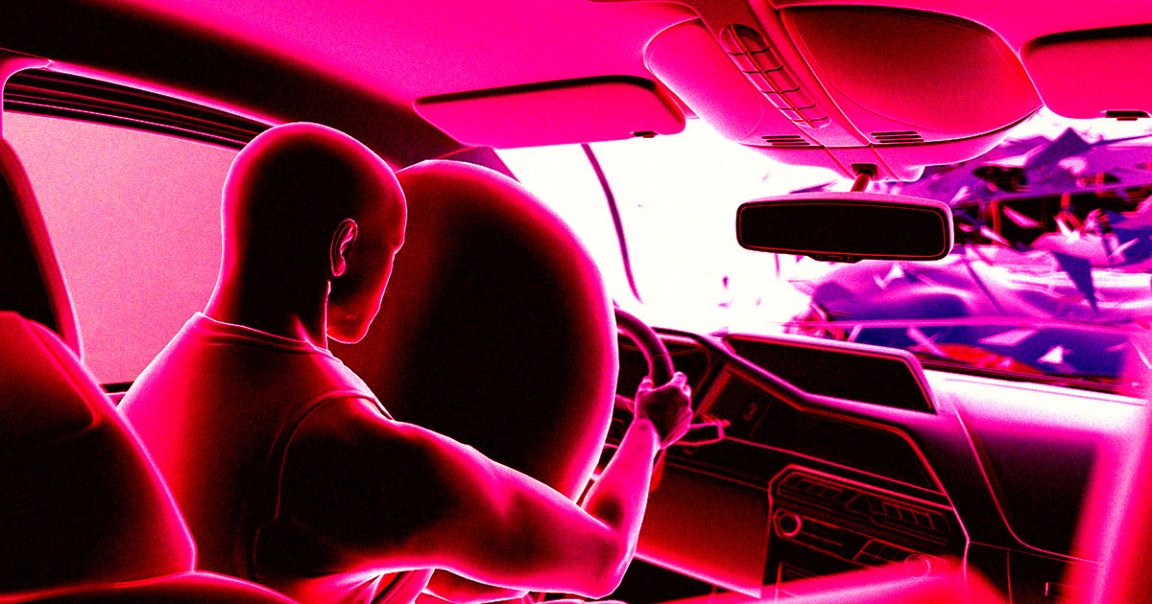
Tesla is issuing a controversial software update that allows its AI-enhanced camera system, dubbed Tesla Vision, to pre-emptively deploy frontal airbags before a collision occurs.
“This upgrade builds upon your vehicle’s superior crash protection by now using Tesla Vision to help offer some of the most cutting-edge airbag performance in the event of a frontal crash,” reads the company’s release notes. “Building on top of regulatory and industry crash testing, this release enables front airbags to begin to inflate and restrain occupants earlier, in a way that only Tesla’s integrated systems are capable of doing, making your car safer over time.”
The new software update, which is initially limited to the company’s Model Y SUV, has reignited a heated debate over the carmaker’s controversial decision to rely entirely on cameras, instead of LIDAR and radar sensors like its competitors, for safety and autonomous vehicle functionality.
While it’s too early to tell whether the new airbag update will prove to be a safety improvement, Tesla’s Vision system has already been plagued by plenty of reported false positives, from “phantom braking” causing vehicles to suddenly and unexpectedly apply their brakes, to forward-facing cameras failing to correctly adjust wiper speed by detecting precipitation, a major pain point for owners.
In other words, is Tesla’s camera-based system really ready to deploy airbags ahead of an impending emergency?
Users on the TeslaMotors subreddit appeared taken aback by the company’s plans, given its less-than-stellar track record.
“This is how they are going to get rid of all the HW3 [Full Self-Driving] users,” one user joked, referring to the company’s Hardware 3 on-board computer, which will need to be replaced to achieve full self-driving, as Musk admitted earlier this year.
“Can’t wait for an airbag to go off when slowing down safely at a red light at 25 mph,” another wrote.
“Seriously, this update is giving me MAJOR anxiety even thinking about it,” a different user added.
Model Y owners on the car’s separate subreddit appeared similarly shaken by the news.
“Not going to lie, this has me nervous,” one account admitted. “Vision and collision warnings seem unreliable at best. I don’t think I want this tied to airbag deployment.”
While Tesla’s vehicles have historically scored very high on safety ratings, the carmaker’s Autopilot and FSD driver assistance software have repeatedly made headlines for being involved in sometimes-deadly crashes for many years now.
Whether allowing an easily-fooled camera-based system to control when to deploy airbags — timing that could determine whether a driver or passenger can walk away from a crash — will improve the situation is uncharted territory.
As Tesla watchdog The Dawn Project pointed out in 2023, the company’s own statistics have shown that drivers are already five times more likely to have an airbag crash while using its FSD software.
More on Tesla: Tesla Just Published a New “Master Plan” and Um, How Do We Say This